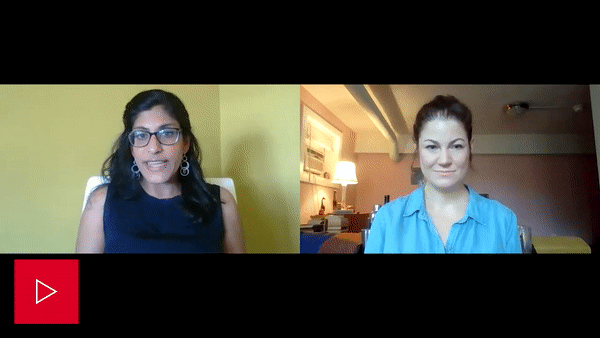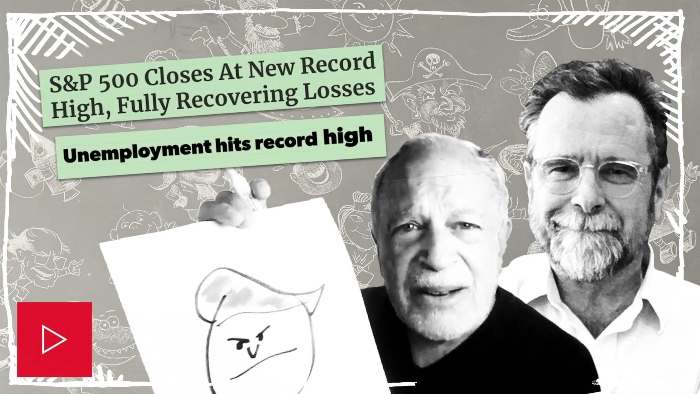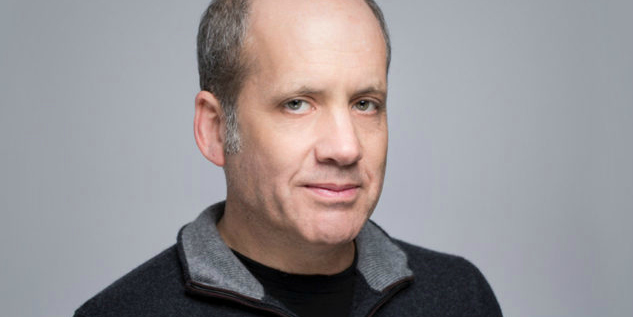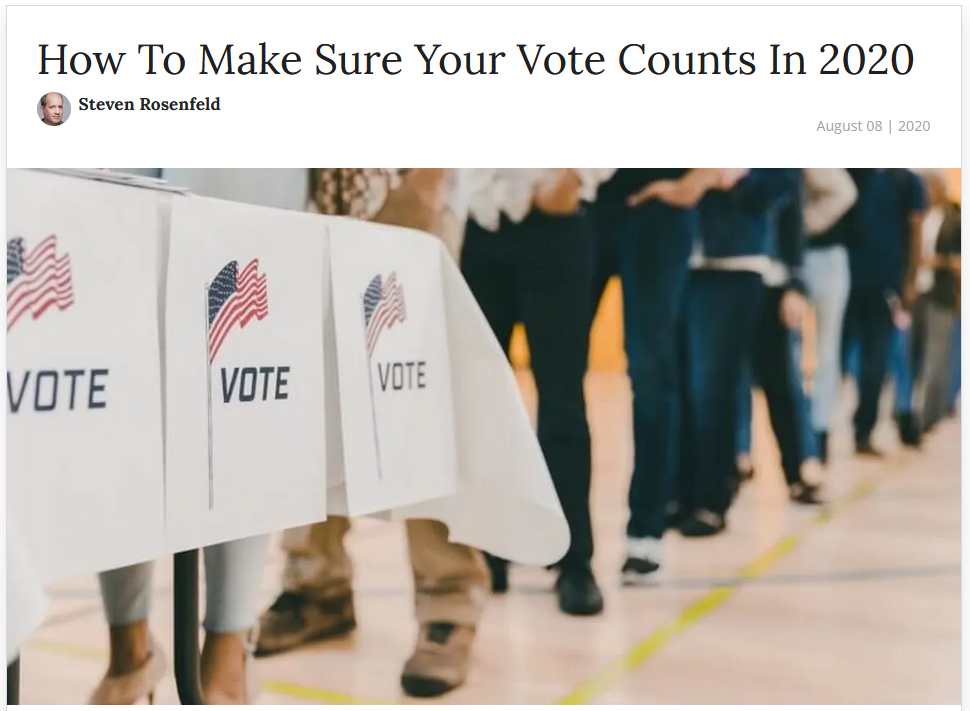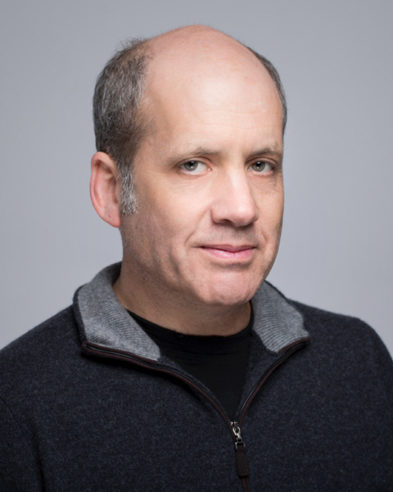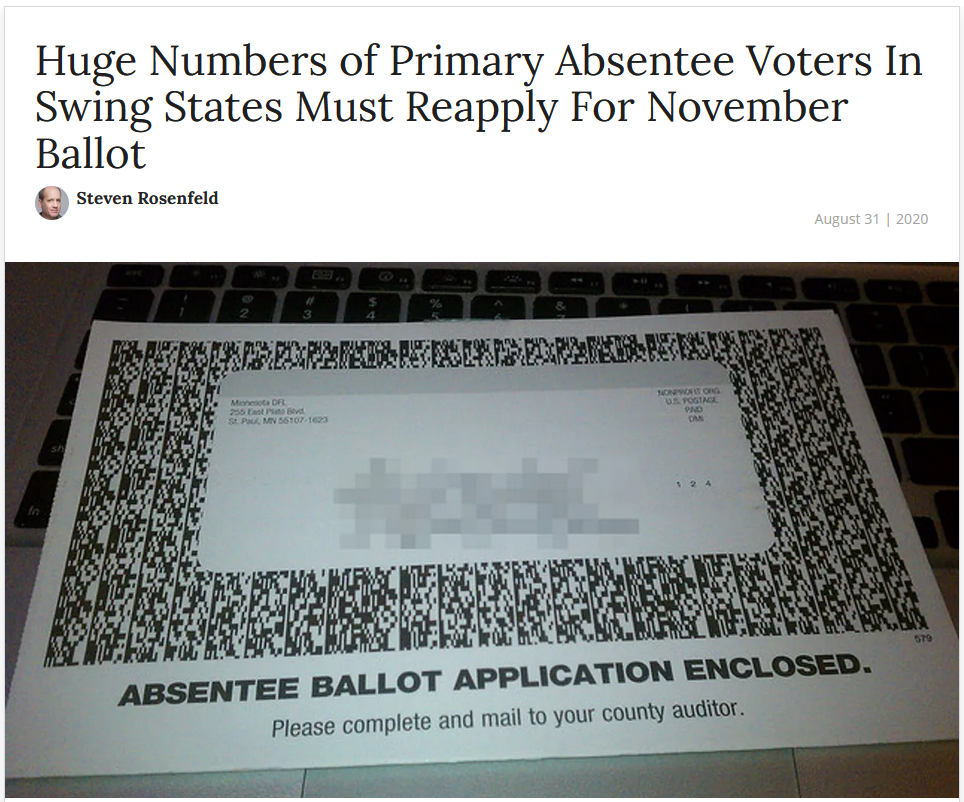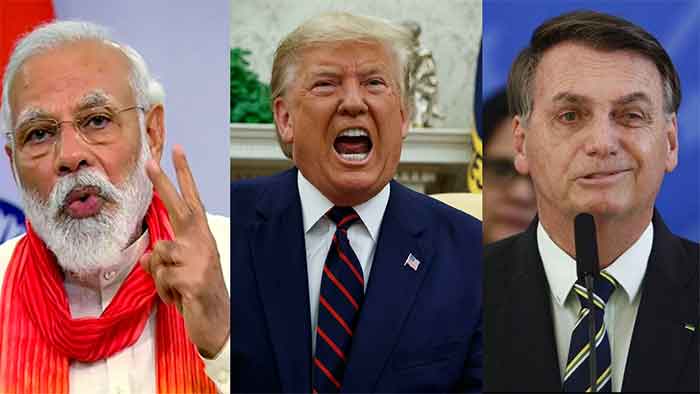
An emergency meeting of the 50-member Nobel Assembly at Karolinska Institutet, Stockholm – responsible for the selection of Nobel laureates in physiology or medicine – is having grave deliberations.
Chairperson: An unprecedented situation has arisen after we received an email from the aforesaid aspirants for the Nobel Prize; the rules do not allow nomination by the potential laureates. I beseech the wisdom of this assembly to tide over the crises bigger than the COVID-19 pandemic itself!
Member 1 (M1): Sir, the situation being delicate – what with the background of these three characters – it is best if we go about the proceedings in a dispassionate manner.
M2: Sir, the credentials of the aspirant from India states that he was instrumental in dispatching the drug Hydroxychloroquine (HCQ) to about 100 odd countries to save the lives of hundreds of thousands of people. Secondly, he submits that he has allowed the production and stockpiling of Oxford vaccine (backed by British government) at Pune, India at the very centre where Phase II, III, IV clinical trials of this vaccine are still in progress! Additionally he has dispatched paracetamol medicine to many countries for control of fever in COVID-19 infection! Besides he is said to be the original proponent of social distancing; sir, he has socially distanced himself from his better half for decades. Speaks volumes for his sacrifice. He faces a crucial provincial (Bihar) election in October 2020; would love to conquer Bihar close on the heels of the announcement of the prize.
M1: Sorry for the interruption but it needs to be pointed out that even the World Health Organization has concluded that HCQ is useless and dangerous when given to patients with serious pneumonia. On this ground alone the prize cannot be awarded. Secondly sir, while it is courageous for this aspirant to allow production and stockpiling of the vaccine even before the trials are successfully completed, what if the results of these trials are anything but? Thirdly, around 80,000 doctors, nurses, voluntary workers in India alone have got infected with the virus even though health care service providers are given HCQ as a government policy. Clearly HCQ does not have even a preventive role.
M3: I am aware, sir, of the way things get done in India. You can be sure that results of the trial would be as required by the Oxford University and Astra-Zeneca. The British PM has himself put in a word to his Indian counterpart. Moreover the institute undertaking the trial has had a call from Bhai log (mafia) in Mumbai that the trials have to be shown to be successful. So there should be no doubt on this score. For the uninitiated Bhai log are more feared than the Italian godfathers and resourceful too! A negative point though, is that the aspirant from India was accused of genocide of Muslims in Gujarat in 2002 though the judiciary gave him a clean chit later! After being denied visa for visit to USA for over a decade Trump personally invited Modi and embraced him in pre-COVID times!
M4: Sir, the aspirant from USA asserts that he should be lauded for projecting the COVID-19 infection – right in the beginning of the pandemic – as a simple flu. This ensured that mass depression and suicides got avoided in USA – a no mean achievement during the nation’s hour of greatest crises. Like the aspirant from India he too, had been a strong votary of HCQ. Rumours have it that he himself had consumed this medicine for prevention of infection. In fact his concern for the people of his country can be gauzed from the fact that he had threatened to bomb India to Stone Age at a time when Modi had dared to put an embargo on the export of this drug for a few days. Sir, we have to appreciate the spirit of this character and the passion with which he steered the country through this pandemic. Remember, too, he could pressurize Modi – who never tires of reminding all and sundry that his chest circumference measures 56 inches – to lift the embargo on HCQ. The aspirant has tagged a few recommendatory letters from dozens of women who cheerfully testify to his virility in all honesty. Moreover, sir, he faces a re-election in the first week of November; his name being declared in October as per our protocol would steer him through the tumultuous electoral process! Keep in mind sir, that this time Russia may not be able to manipulate the elections in USA through social media. Our little bit of help would get him past the goal post. If we don’t, he may resort to the usual tactics – imposing sanctions, tariffs; what is more he may bomb the Nobel assembly at Karolinska Institutet, Stockholm out of existence!
M5: Sir, let me brief this august gathering on the third aspirant: you have to admire the bravado of the Brazilian president; Bolsonaro has been moving around publicly throughout the length and breadth of the country often without as much as a mask and occasionally hugging the populace at public places. Never mind that all this has resulted in Brazil having the second highest number of COVID-19 cases in the world but the risk he took personally cannot be ignored. Besides he is the original propagator of HCQ which he prefers to call by the Hindu mythological connotation of being Hanuman ji’s sanjeevni buti. Such creative and innovative mind would be hard to locate in CDC, Atlanta, USA. I wish to bring to your notice that Father Damien worked amongst leprosy patients and contracted leprosy; likewise sir, Bolsonaro contacted COVID-19 infection in July 2020 purely because he dared to mingle with the Brazilian people when they were in need of emotional support. This selfless act of Bolsonaro qualifies him to be an aspirant.
M6: What if in spite of the best efforts of Bhai log in India the results of Phase II to IV point towards the vaccine being useless.
M7: Sir, once we have given the award to these three aspirants we need not worry if the Oxford vaccine discovery is found to be bogus. Remember sir, that in the year 1926 we had awarded a Nobel Prize in medicine to Johannes Fibiger which was later found to be a discovery of dubious nature. So we have a precedence to fall back upon. We shouldn’t worry about such niceties.
M8: Sir, in any case in Putin’s Russia the vaccine has not only not completed the full mandatory trials but has also been produced and stockpiled. In fact people have even been vaccinated with this new vaccine. One of Putin’s close relative has received a shot and Putin insists that all is fine. Luckily for us at the Nobel Prize committee Putin has not projected himself as an aspirant to the Nobel Prize. You know sir, how these wretched communists – present and erstwhile – look at the Nobel Prize, to wit, an instrument of decadent western capitalist world order. Same goes for China where the vaccine trials are in an advanced stage. Before I end my statement I wish to chip in – and we must collectively confess in this august gathering – that at the behest of USA and western Europe we have used the Nobel Prize to create dissenters within the iron curtain countries in the past. This was in line with the long term objective of the west to have a communist-mukt world order.
Chairperson: I have given a patient hearing to the worthy opinion of the members of this assembly; yet I must express myself clearly that I feel strongly that the soul of Alfred Nobel would never rest in peace if the likes of Trump were to be bestowed with the Nobel Prize in medicine. The very thought is discomforting to me.
Dissenting member: Since this is a closed door meeting and our corporate press will never get wind of the ongoing proceedings here – which as per protocol are kept secret for 50 years in any case – let the truth be out. I have no hesitation in reminding you that Alfred Nobel made his money out of the invention of dynamite and an explosive device called a blasting cap which inaugurated the modern use of high explosives. Sir, dynamite has created more death and destruction in this world than all the havoc caused by the USA in the two dozen odd countries which it had invaded since World War II for a variety of reasons viz oil; regime change; locating non-existent weapons of mass destruction; defeating communism and at times even to win presidential elections within USA not to speak of enlarging the business of the MNCs manufacturing war weaponry. So if Trump shares this prize, Alfred Nobel’s soul is more likely to rest in peace permanently. I think your fears are totally unfounded. We will be able to kill two birds with one stone if the name of the Indian aspirant stays included; do you recall that the name of the company started by Alfred Nobel for manufacture and sale of weapons including canons and other armaments. Yes, I am referring to Bofors – which put the grand old Indian National Congress (INC) in disrepute for decades. Poetic justice would be done to the Indian aspirant. Besides, letting him share the award would provide ammunition to the INC to regain its lost political hold. You may announce the award jointly to the three aspirants at the scheduled ceremony in October – the month earmarked as per the protocol of the Nobel Committee.
Namaste!
Dr. P. S. Sahni is a member of ABVA.
Email: aidsbhedbhavvirodhiandolan@gmail.com
SIGN UP FOR COUNTERCURRENTS DAILY NEWSLETTER

